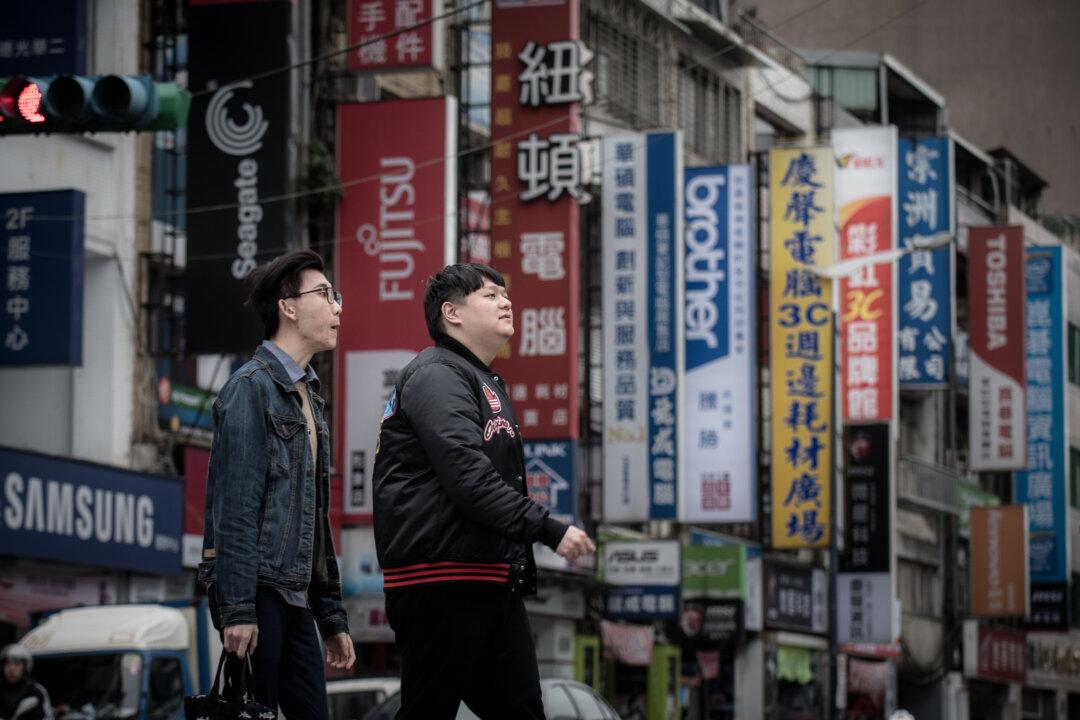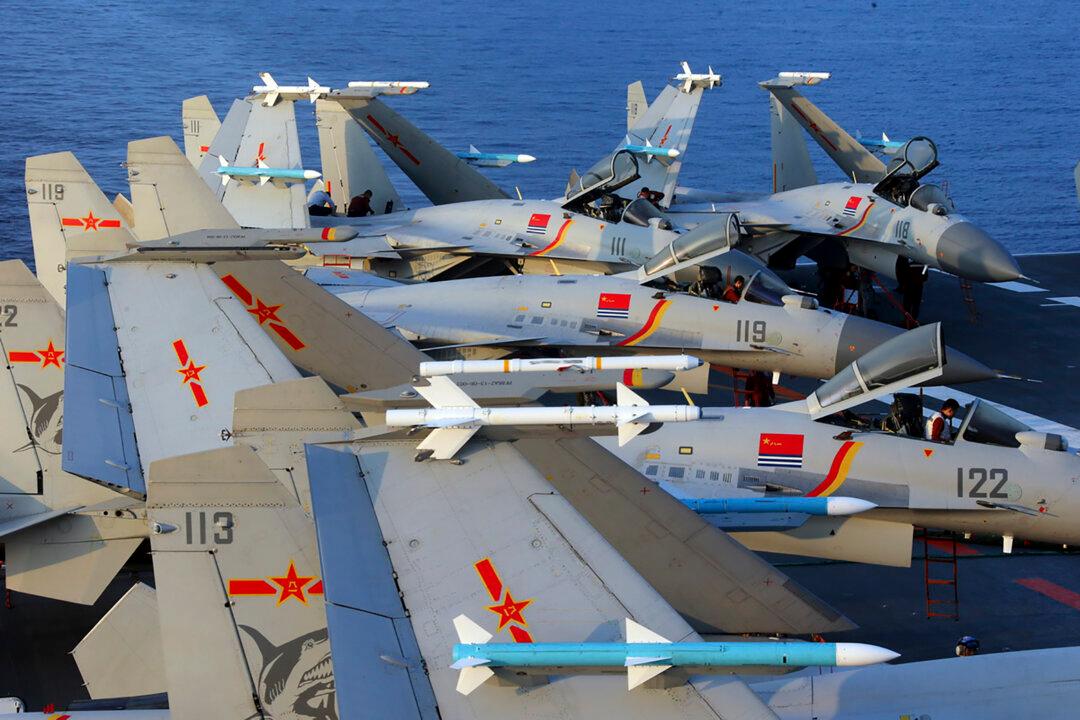WASHINGTON–Fallout from the U.S.–China trade war will not seriously affect Taiwan, which has spent a few years diversifying its economy away from the politically hostile mainland and investing in Southeast Asia, according to a Taiwanese trade official. The comment comes amidst concern from many that President Donald Trump’s escalating trade confrontation with Beijing could be economically damaging to U.S. allies in East Asia.
On July 10, Washington announced it will impose new tariffs of 10 percent on $200 billion worth of Chinese exports in September, in addition to the 25 percent imposed on $34 billion announced earlier this month. The tariffs are part of the Trump administration’s broader pushback against what it sees as China’s unfair trade practices and decades of exploiting the global trade system.




